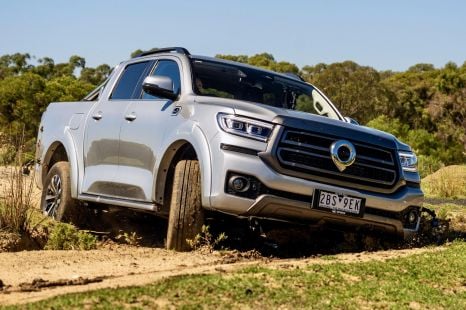

Max Davies
2026 GWM Cannon Ultra review
6 Days Ago
Two US states have announced plans to implement in-road wireless vehicle charging, allowing drivers to charge their vehicles as they drive.

News Editor
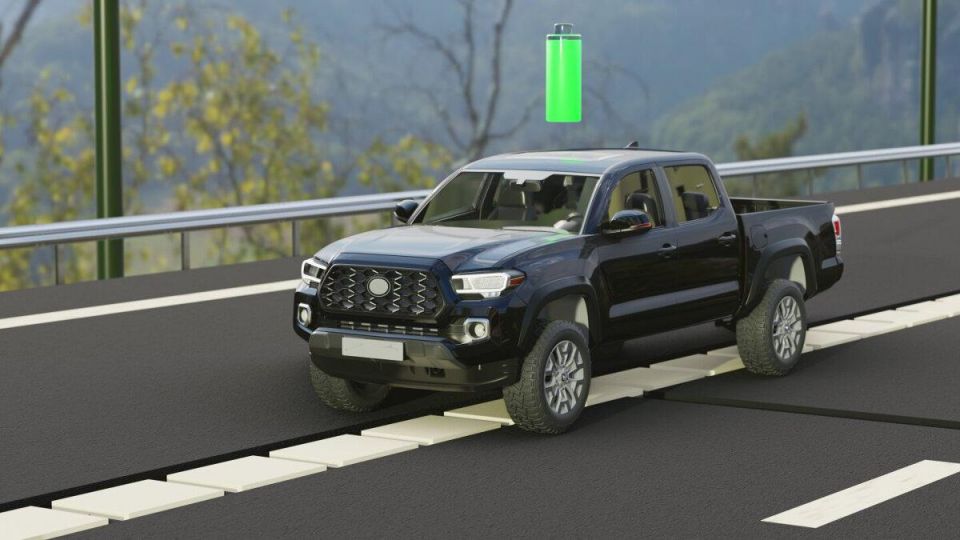

News Editor
Michigan wants its residents to be able to charge their electric vehicles while they drive.
Governor Gretchen Whitmer announced at Motor Bella the state will be the first in the USA to deploy wireless charging technology in its roads.
Neighbouring Indiana, however, has already announced it’s testing the tech, putting the two Rust Belt states in a race to see which can roll out the technology first.
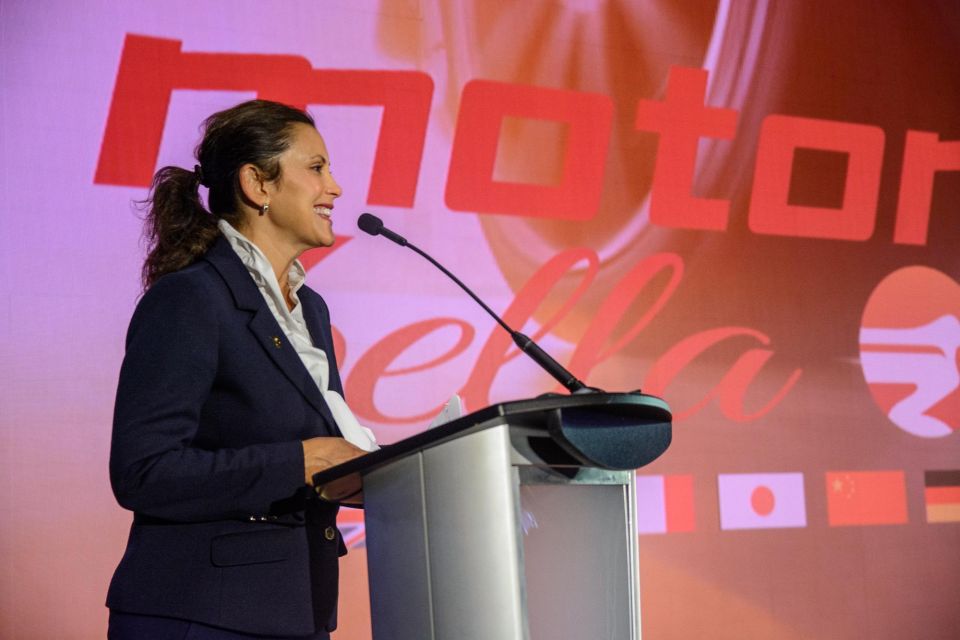
Aimed at addressing range anxiety and accelerating the transition to all-electric vehicles in Michigan, the Inductive Vehicle Charging Pilot is a partnership between the Michigan Department of Transportation (MDOT) and the Office of Future Mobility and Electrification.
The MDOT will release a Request for Proposal on September 28, seeking a partner for a pilot on a one-mile (1.6km) stretch of road in either Wayne, Oakland or Macomb counties.
The state has yet to announce how the technology will work or how soon the pilot will be operational.

“Michigan was home to the first mile of paved road, and now we’re paving the way for the roads of tomorrow with innovative infrastructure that will support the economy and the environment, helping us achieve our goal of carbon neutrality by 2050,” said Governor Whitmer, adding this will create new opportunities for both businesses and high-tech jobs.
While her state is the cradle of the American automotive industry, Michigan is embarking on a number of future mobility projects including the development of an autonomous vehicle corridor and a robot last-mile delivery program in Detroit’s Corktown neighbourhood.
South of the border in Indiana, the Hoosier State’s Department of Transportation (INDOT) is working with Purdue University on magnetisable concrete for its wireless in-road charging project.
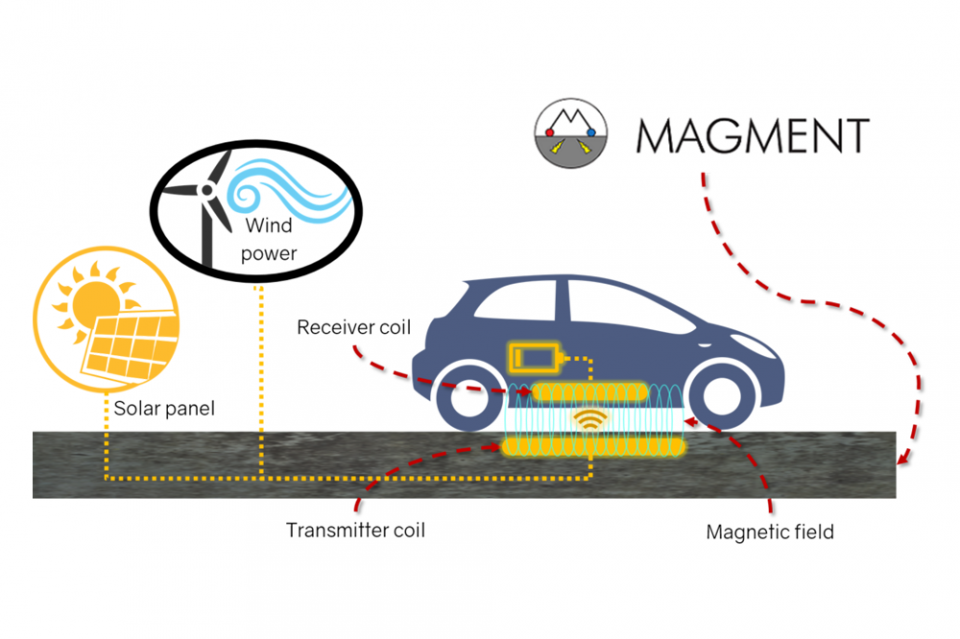
This concrete has been developed by German start-up Magment GmbH.
The project commenced in July 2021 and the INDOT expects to begin the third phase of the project – testing on a public roadway – within one to two years. Michigan, in contrast, may skip directly to that stage.
INDOT says the first two phases of the project will feature testing and research at Purdue’s West Lafayette campus, with phase three involving the construction of a quarter-mile (0.4km) long testbed at an unspecified location.
This will test the concrete’s effectiveness at charging heavy trucks at up to 200kW.
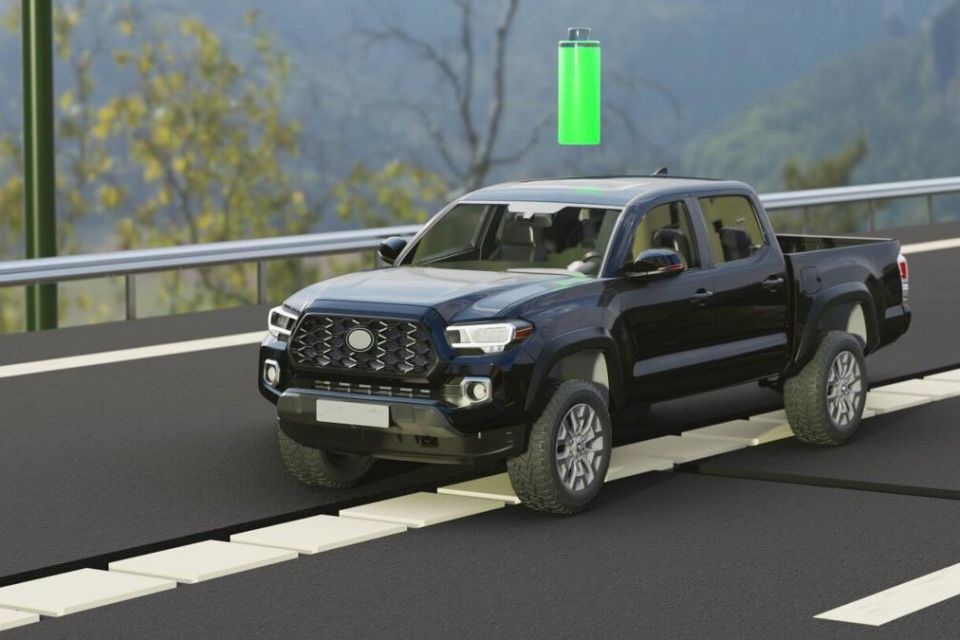
Should testing prove successful, Indiana will use the new technology on a segment of interstate highway.
This kind of technology has been mooted before, and one company has already put in-road wireless charging in operation.
Israeli firm ElectReon has deployed 6km of electrified roadway in Israel and Sweden to demonstrate the viability of in-road charging, burying 1.2m-long copper coils just under the surface of roadways.
To charge, electric vehicles will need to have receivers. The company says the layer of road surface above the coils prevents pedestrians from being electrocuted.
ElectReon is working on additional projects in both Italy and Germany.
William Stopford is an automotive journalist based in Brisbane, Australia. William is a Business/Journalism graduate from the Queensland University of Technology who loves to travel, briefly lived in the US, and has a particular interest in the American car industry.


Max Davies
6 Days Ago
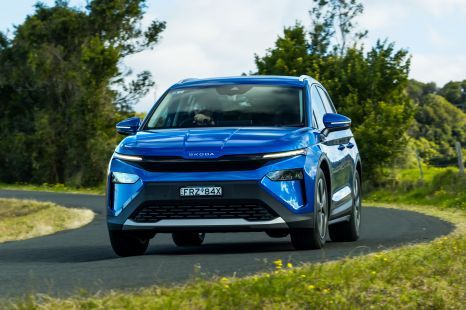

Josh Nevett
4 Days Ago
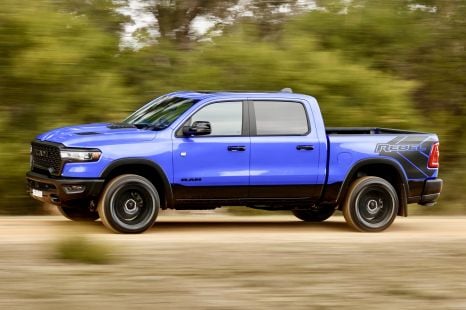

Max Davies
4 Days Ago
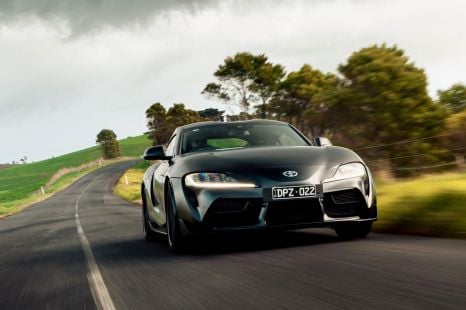

Max Davies
3 Days Ago
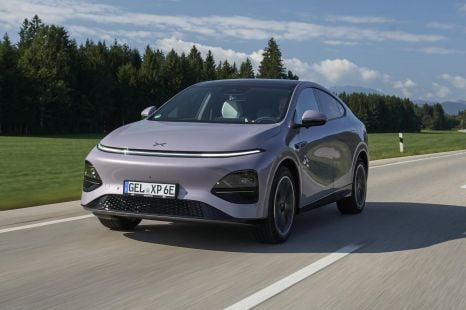

Neil Briscoe
2 Days Ago
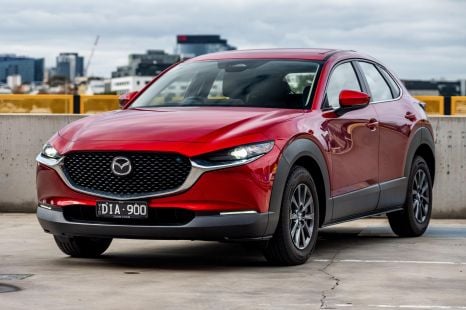

Max Davies
1 Day Ago